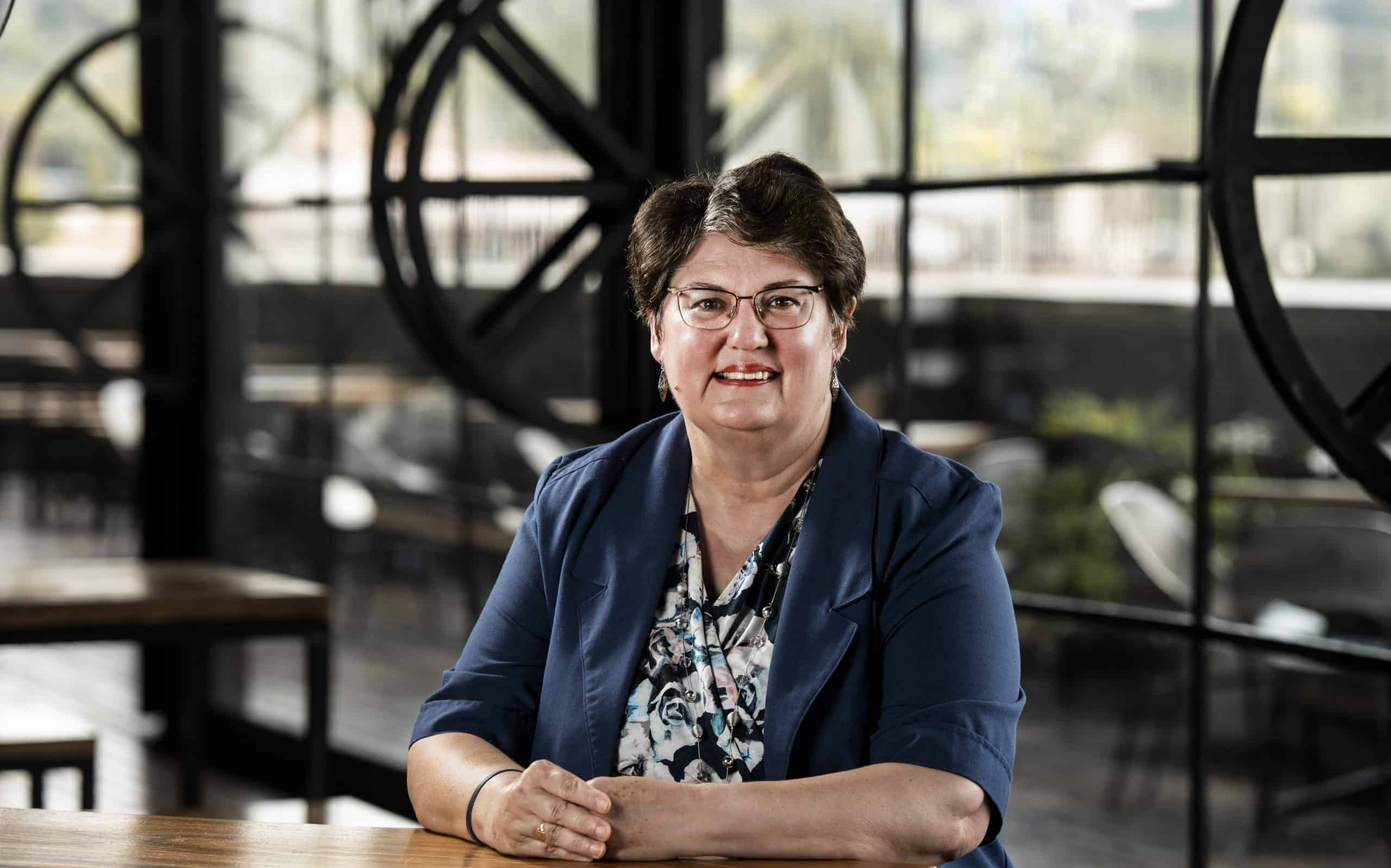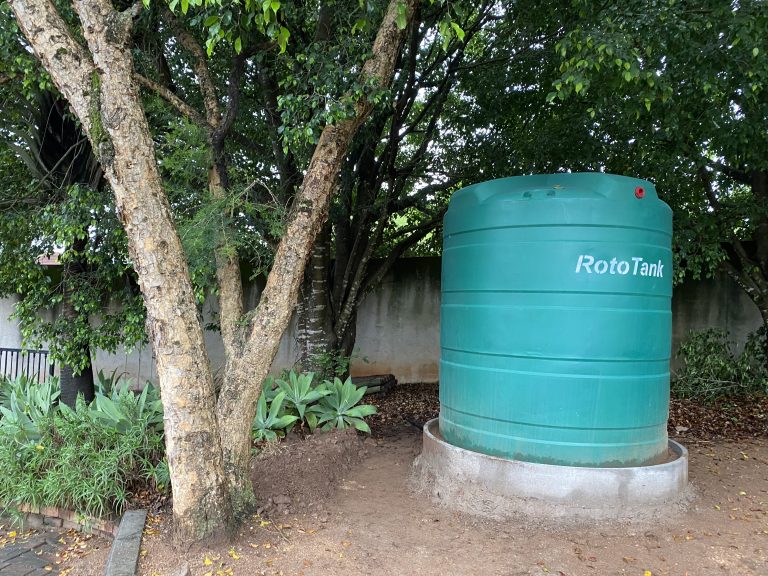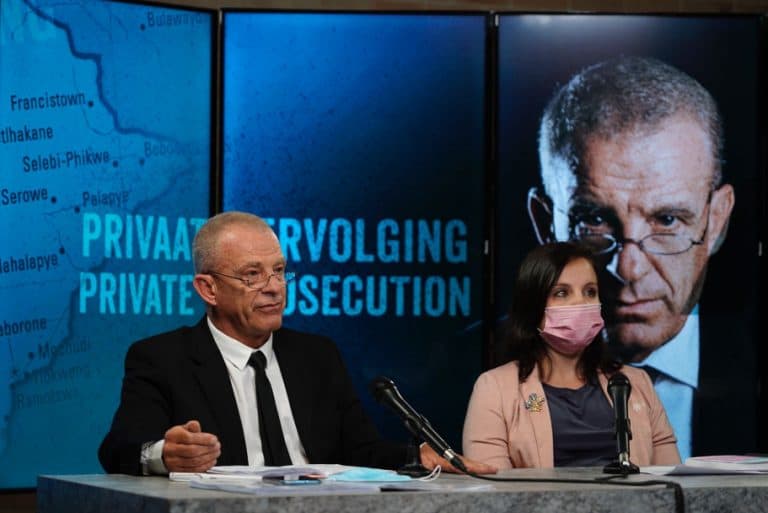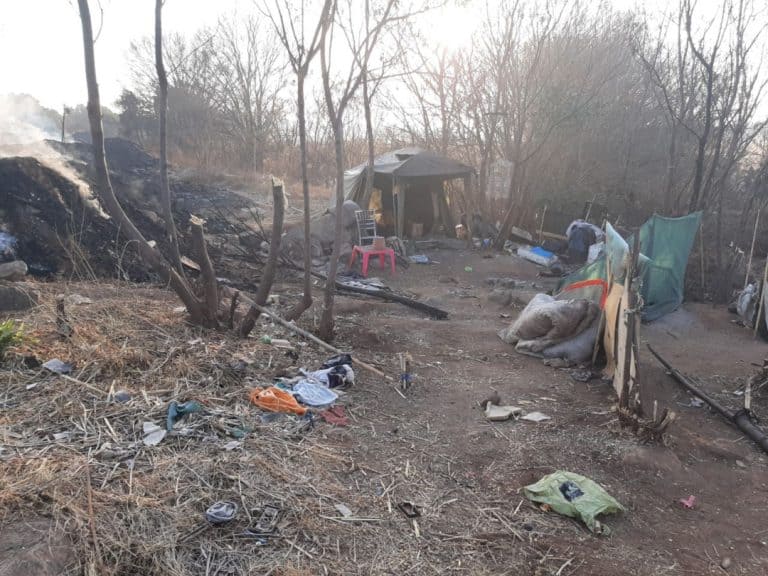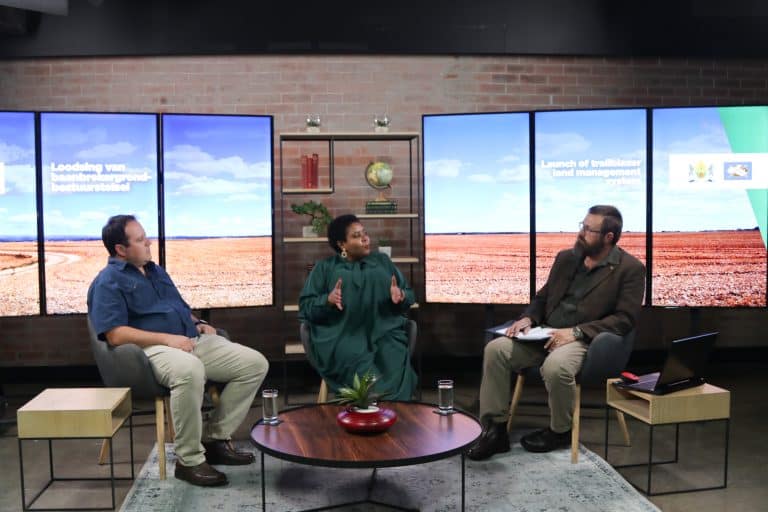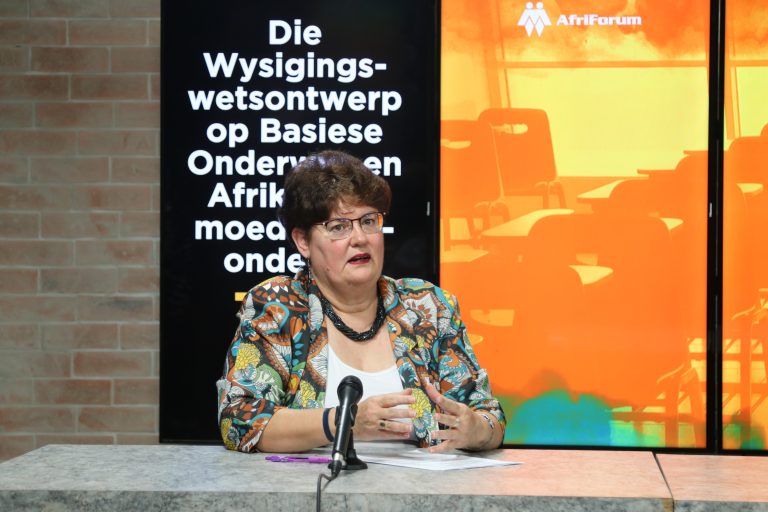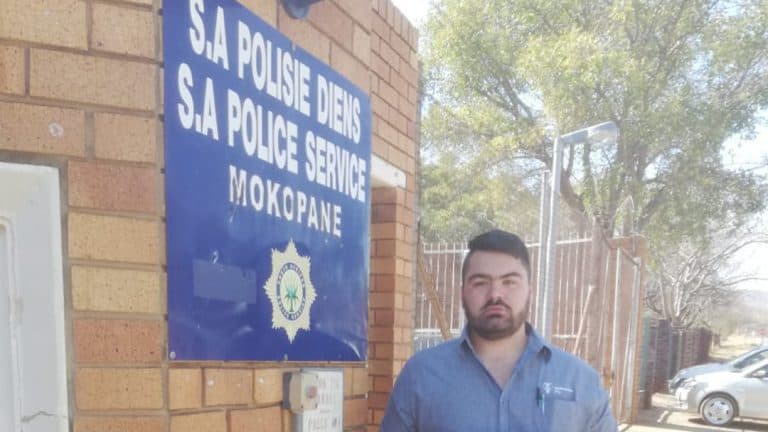Place name changes are expensive exercises in window dressing, says AfriForum
AfriForum views the continued changing of place names as an expensive exercise by means of which authorities with a bad record of service delivery often try to create the illusion that they are engaged in effective management.
According to Alana Bailey, AfriForum’s Head of Cultural Affairs, it is a cause for concern that the Eastern Cape MEC for Sport, Arts and Culture, Sibulele Ngongo, recently emphasised in her budget speech that this province has already changed more place names than any other in the country, as if this is a competition and does not cause any disruption.
“Geographic name changes are required when offending names and incorrect spellings are amended. Currently, however, there is a haphazard process underway where proposals for name changes are motivated as necessary for so-called ‘transformation of the cultural heritage’ and ‘restorative justice’ to take place, to quote the MEC,” she adds.
Bailey believes that people who support the process are mostly not properly informed about its administrative costs and consequences. “The impression is further created that affected residents are generally in favour of the changes, while various processes, including public hearings and even a nationwide consultation process by a ministerial task team already heard that people primarily desire job opportunities and effective service delivery. Symbolic cultural actions such as name changes and the relocation of monuments with public funds are not amongst their most urgent needs at all. Unfortunately, these kinds of actions succeed in polarising communities, which goes against the current political climate and undermines a culture of mutual respect and recognition.”
AfriForum recommends that communities that may be affected by proposed name changes monitor the media for public consultation opportunities and participate therein. They can also monitor whether the processes prescribed by the South African Geographical Names Council are followed. A guide outlining these processes is available on the website of the Department of Sport, Arts and Culture.


